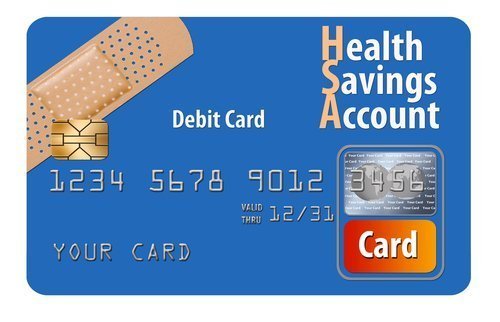HSA Plans or Health Savings Account is an innovative plan that has taken the healthcare sector by storm.
HSA has been introduced to the American scene since January 2014 where it is usually referred to as 401 (k) in the healthcare industry.
The plan is about saving money on a pre-tax basis in order to pay for qualified medical expenses when the need arises.
Who Do HSA Plans Work Well For?
This savings plan works well with people with HDHP or High Deductible Health Plan. High-deductible plans usually attract lower premiums than the low deductibles.
In this case, you will use untaxed funds in your HSA to pay for medical expenses before they reach other costs and tax deductibles and consequently you reduce your health care costs.
The plan is directly tied to your bank account such that contributions from employees can be directly deducted from a check-off system.
However, the owner of an account is in full control of his or her HSA; the employer and the bank are usually in no control over decisions made by an account owner.
Advantages Of HSA Plans
Besides, there are numerous advantages that come with the HSA savings plan.
One, HSA contributions do not expire as they roll over annually if they are not used and come be saved for retirement.
Two, the savings plan will also earn you interest like any other savings plan.
Three, you have the liberty to enroll as a family so that all members listed are covered.
The amount made towards the contribution varies from individual to individual and from family to family.
For an individual, so far the maximum contribution annually is $2,900 while that of a family is $5,800.
Another benefit is that you can make ‘catch-up’ contributions until you are enrolled in Medicare.
Most people think of HSA plans as money set aside for your health bills rather than a savings plan.
If you had that mentality, you should set it aside and think of it as a savings account.
Most people enrolled to IRA prefer to add HSA if they have the funds.
However, for those who are financially limited an HSA is preferable because the money comes back tax-free, unlike an IRA.
Besides, you can withdraw all funds if you are over 65 years and you become incapacitated.
These withdrawals can be made without incurring the 10% penalty in the IRS plan.
More so, one can use an IRA account to fund the HSA except for the SEP IRA and this offers convenience for funding.
Nonetheless, you are not allowed to fund an IRA through an HSA. Furthermore, an HSA account is portable such that when you change jobs or employers, you do not lose it.
However, if you have recently received health benefits from Veterans Administration or are enrolled in Tricare, you cannot have any HSA plans.
Verdict
The general implication is that an HSA is the best Healthcare savings plan that offers you benefits you cannot find with other plans.
Its flexibility allows the account owner to make critical decisions regarding their health and that of their family members.
It is growing steadily in popularity as more Americans are now aware of it’s alluring benefits so may be HSA plans could be on your horizon.
